Precision Sheet Metal Bending for Sustainable Projects
- CNC folding is a precise and efficient method for bending sheet metal, offering significant sustainability benefits.
- It optimizes material usage and energy efficiency, minimizing waste and reducing carbon footprints.
- CNC folding is versatile, supporting eco-friendly applications in green building, product manufacturing, and renewable energy.
- Using recycled metals and sustainable alloys in CNC folding enhances environmental responsibility and product longevity.
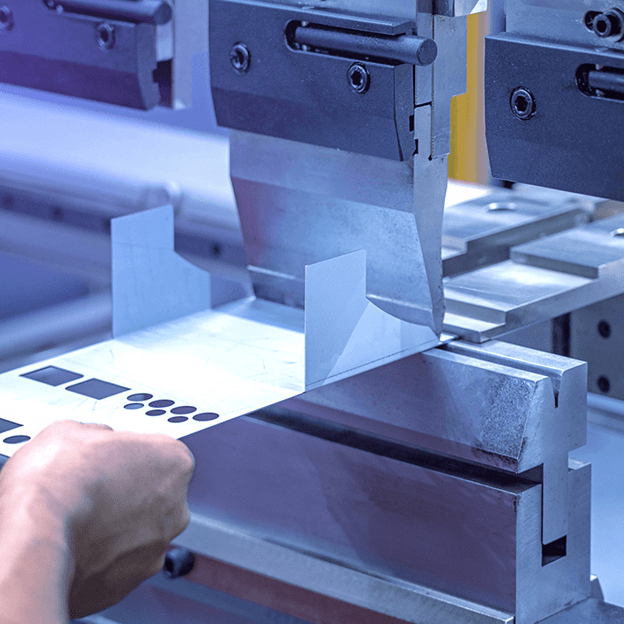
CNC folding has revolutionized the metal fabrication industry, offering unparalleled precision and efficiency. This technology, which stands for Computer Numerical Control folding, uses advanced machinery to bend sheet metal into precise shapes and angles. As the world increasingly prioritizes sustainability, CNC folding has become a vital tool in creating eco-friendly products and structures. In this blog, we will explore how CNC folding contributes to sustainable practices in various industries and why it is an essential technique for eco-conscious projects.
The Basics of CNC Folding
CNC folding is a modern technique used in sheet metal fabrication that combines the power of computer numerical control (CNC) with mechanical folding. This process involves programming a machine to bend metal sheets with high precision, allowing for complex and accurate designs. The machinery is capable of handling a variety of metals, including aluminum, steel, and copper, making it versatile for different applications. CNC folding stands out for its ability to produce consistent results, reduce material waste, and optimize production time, which are all crucial factors in sustainable manufacturing.
Sustainable Benefits of CNC Folding
Material Optimization
One of the primary sustainable benefits of CNC folding is its ability to minimize material waste. Traditional metalworking methods often result in significant offcuts and unused material. In contrast, CNC folding uses precise calculations and efficient cutting paths to maximize the usage of each sheet. This not only conserves valuable resources but also reduces the overall cost of materials.
Energy Efficiency
CNC machines are designed to operate with high energy efficiency. They require less power compared to traditional fabrication equipment, which translates into lower energy consumption during production. Additionally, the automation of the folding process minimizes the need for manual labor, further reducing energy expenditure. This efficiency aligns with the goals of sustainable manufacturing by decreasing the carbon footprint of production activities.
Longevity and Durability
Products created through CNC folding are known for their durability and longevity. The precise bending process ensures that components fit together seamlessly, reducing the likelihood of wear and tear. This extended lifespan means that products do not need to be replaced as frequently, contributing to less waste and a reduced environmental impact over time. By investing in high-quality, durable products, businesses and consumers alike can support sustainability efforts.
Applications in Sustainable Projects
Green Building Design
CNC folding is increasingly used in green building design due to its precision and efficiency. Architects and designers utilize this technology to create intricate façades, energy-efficient window frames, and custom components that contribute to a building’s overall sustainability. By enabling the creation of complex shapes and lightweight structures, CNC folding supports the design of buildings that require less material and energy to construct, leading to a smaller carbon footprint.
Eco-Friendly Product Manufacturing
In the realm of product manufacturing, CNC folding plays a crucial role in producing eco-friendly products. Companies focused on sustainability use CNC folding to create items like reusable containers, eco-friendly furniture, and energy-efficient appliances. The ability to work with recycled metals and other sustainable materials enhances the environmental benefits of these products. Moreover, buying CNC folded components ensures that the products meet high standards of precision and quality, reducing the need for replacements and thereby supporting a circular economy.
Innovative Uses
Beyond conventional applications, CNC folding is also being utilized in innovative projects like renewable energy solutions. For example, solar panel frames and wind turbine components can be efficiently produced using this technology. The precise bending capabilities of CNC machines allow for the creation of lightweight yet durable structures that maximize energy capture and efficiency. These components contribute to the development of sustainable energy systems, aligning with global efforts to reduce reliance on fossil fuels.
Choosing the Right Materials for Sustainability
Recycled Metals
Using recycled metals in CNC folding is a significant step toward sustainable manufacturing. Recycled metals require less energy to process compared to virgin materials, thereby reducing greenhouse gas emissions. Additionally, using recycled materials helps conserve natural resources and reduces the demand for mining, which can be harmful to the environment. CNC folding is well-suited for working with these materials, allowing for the creation of high-quality products that support sustainable practices.
Sustainable Alloys
Another important consideration in sustainable CNC folding is the use of eco-friendly alloys. Certain alloys are specifically designed to have minimal environmental impact, either through reduced energy requirements during production or enhanced recyclability. For instance, aluminum alloys are popular in CNC folding due to their lightweight nature and high recyclability. By choosing the right alloys, manufacturers can create products that are not only durable and efficient but also environmentally responsible.
Conclusion
CNC folding offers a range of sustainable benefits, from reducing material waste to creating durable products that stand the test of time. By leveraging this technology, businesses and designers can contribute to a more sustainable future, producing eco-friendly products and structures that minimize environmental impact. Whether you’re involved in green building, product design, or renewable energy projects, CNC folding provides a versatile and efficient solution. Explore the possibilities of CNC folding for your next sustainable project and take a step toward a greener world.
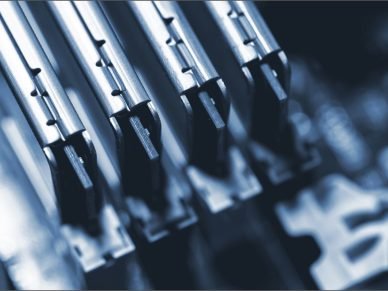
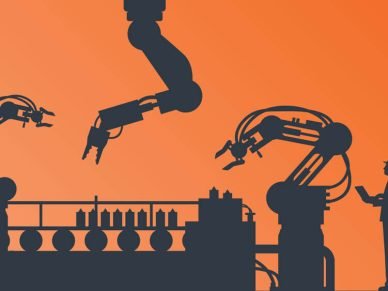
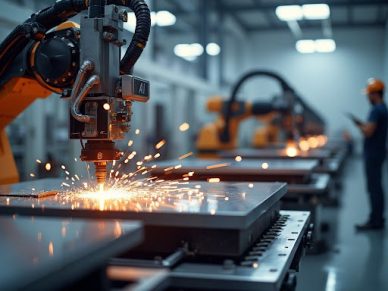
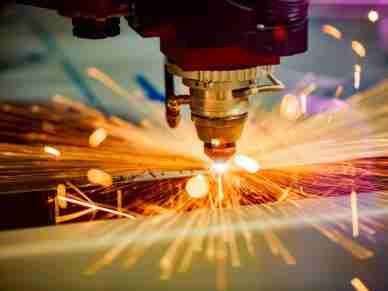
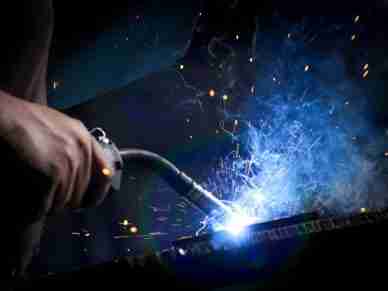
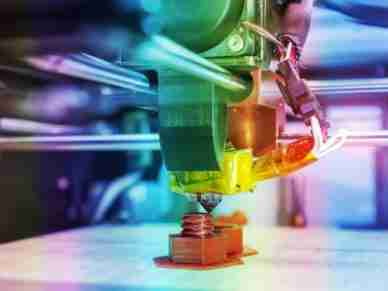
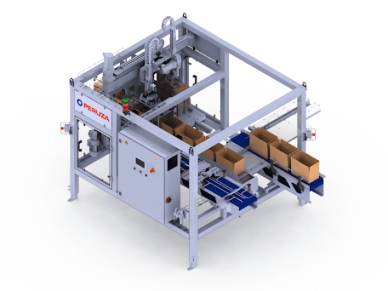
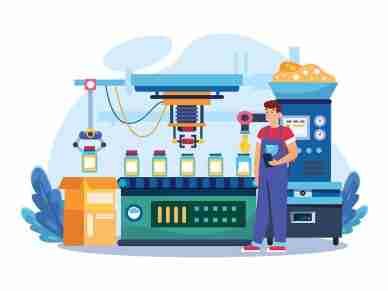
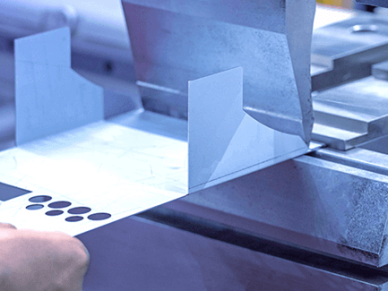
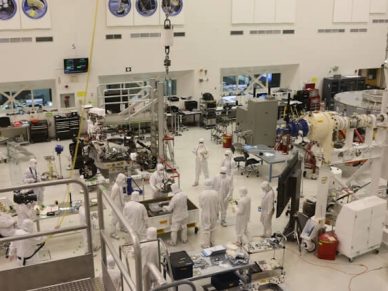
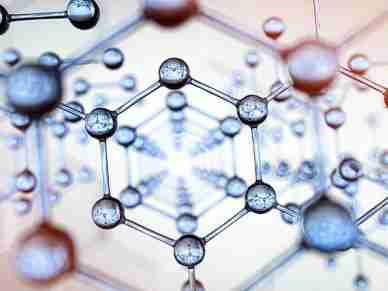




Leave a Reply